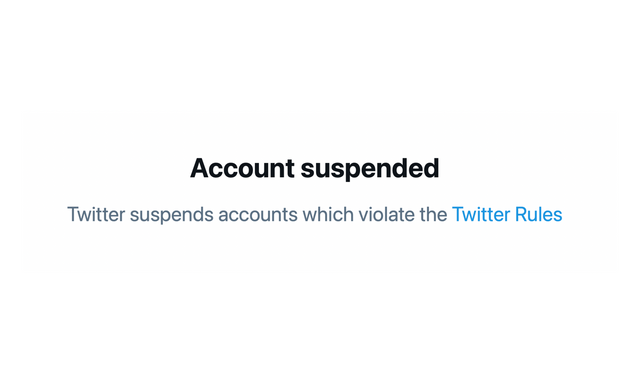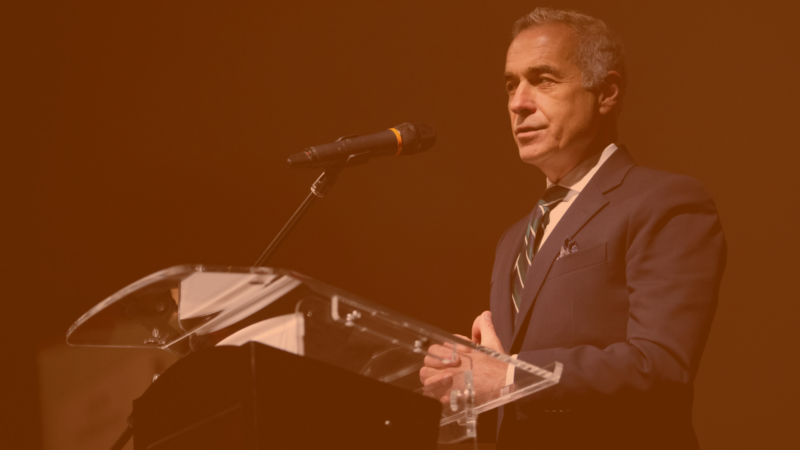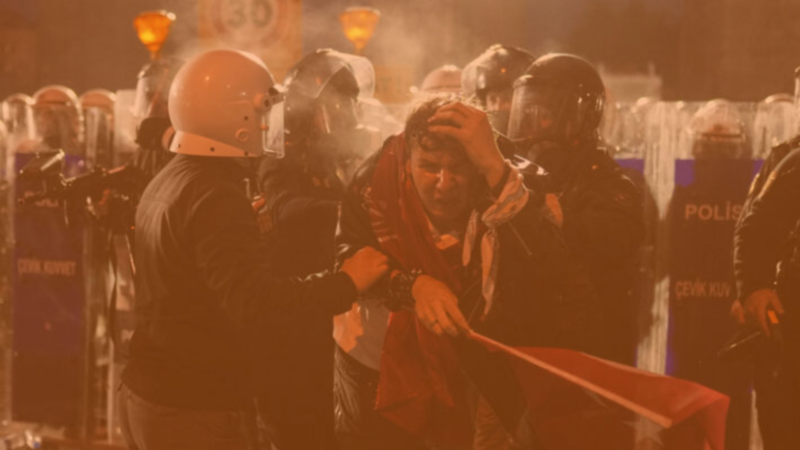Censorship by corporate behemoths is nothing to aspire to.
“Who watches the watchmen?”, asks the graffiti scrawled, over and over, on walls and buildings across New York City in Alan Moore and David Gibbons’ seminal graphic novel Watchmen.
Moore and Gibbons’ superhero tale is one of power, opaque and unchecked, concentrated in few hands. The question in the graffiti is, therefore, vital. But one must approach it with care. Rather than diluting it and making it accountable, a misguided intervention risks simply mutating that power into an even more nefarious version of itself: more opaque, more unchecked, more concentrated.
“What’s on your mind?”
In our time and place, the watchmen of public discourse congregate in the glossy, secretive corporate headquarters of Silicon Valley. Big tech companies have accumulated unimaginable wealth by ushering in a new form of capitalism in which we are the product, with a myriad of data points being collected at every second about our innermost thoughts and feelings, then churned into algorithms that convert them into behavioural predictions that are finally sold to interested parties of all sorts, eager to profit off of our emotions, anxieties and fears. Whenever obstacles to this intolerable system are raised, these corporations will fight tooth and nail to defend it.
What they had never shown much interest in, however, is policing and censoring speech. Not out of any sense of civic duty, of course: it’s simply bad for business. Regardless, one of the great ironies of the past five years or so is how the Mark Zuckerbergs, Jack Dorseys and Sundar Pichais of the world have been dragged, kicking and screaming, onto the judge’s bench of online political speech.
The guardians
Crucial to that push are traditional media. Disinformation, they argue, is one of the great perils of our time. As the narrative goes, it brought demagogues such as Donald Trump and Jair Bolsonaro to power, paved the way for Brexit and is behind the rise in populism and conspiracy theories across the Western world.
The dangers of disinformation are real and should not be understated. But, although social media accelerates its diffusion, false and ideologically motivated news reporting is in no way a novelty. One needs only to look at the lies peddled by revered publications such as The New York Times and The Washington Post that helped stoke the flames for the invasion of Iraq, The Guardian’s baseless reporting of Trump’s presidential campaign manager meeting Julian Assange at the Ecuadorian embassy in London and whitewashing of the 2016 coup in Brazil, as well as mainstream Western media’s misinformation on, or outright support of, other recent coup attempts in Bolivia and Venezuela.
These same institutions now try to position themselves as the safekeepers of Truth in an age ostensibly dominated by QAnons, Russian bots and deranged Trump tweets, and point their fingers squarely at social media and their permissive content policies as the ones to blame. The neoliberal establishment, and even many of the most progressive of progressives, joined the chorus demanding that Silicon Valley giants introduce stricter restrictions on the political content their platforms host.
Some went as far as invoking the sanctity of private ownership to argue that, because these are private companies, they should be free to ban anyone and anything they wish from their services. Presumably these are the same people who would rightly be outraged if a shop owner refused to serve a customer based on their ethnicity, gender identity or sexual orientation.
It’s a stunning turn of events. The likes of Zuckerberg – a man who has amassed unprecedented power based on an equally unprecedented violation of billions of people’s private human experiences – found themselves surrounded by some of their harshest critics, now begging to hand them more power: a mandate to police and outright censor public discourse. As if they, of all people, could be trusted to wield it.
You’re fired
Nervous that their thriving empires could be put under even more serious scrutiny if they didn’t relent, tech companies complied. Accounts were suspended, not only on the Right. The dissemination of certain news stories was forbidden because they came from unpleasant or disreputable sources, even though their substance was not disproven. The mere fact that information may have been obtained through hacking became reason to slap a warning of reproach onto it, never mind the fact that activists such as Chelsea Manning and Edward Snowden in the US and Walter Delgatti Neto in Brazil broke countless laws to reveal the crime and corruption hidden at the highest levels of society.
On January 7 and 8, Facebook and Twitter suspended Donald Trump, depriving the then-President of the United States of his main means of communication, leading to celebration by much of the establishment and many on the Left and to condemnation from figures such as Bernie Sanders, Andrés Manuel López Obrador and Angela Merkel, who understood the ominous precedent that had just been set. Twitter’s suspension is permanent, while Facebook’s was upheld on May 5th.
We should abhor politicians like Trump and their bigotry, misogyny and undermining of trust in the democratic process. But to allow anyone, let alone Silicon Valley’s oligarchs, the power to censor political speech from common individuals and senior elected officials alike is to ask to live in a world in which Zuckerberg and his ilk get to decide what is true and what is false, what can be said and what can’t. Today, the biggest loser in that world is the populist Right. Tomorrow, who knows?
To catch a thought
Disinformation is not the cause of our social ills but a symptom of a world in which public trust in elites has crumbled under the weight of austerity, backroom dealing, imperialism and astonishing levels of inequality. Similarly, the rejection of free speech by some progressives amounts to an admission of the Left’s widespread failure to speak to this disillusioned public and win them over.
Thoughts cannot be policed, to forbid their expression is not to erase their existence. Let us reject censorship and instead fight hateful ideas and lies with the only means possible: the power of our facts, the persuasion of our arguments and the command of our narratives.
Let us also curtail big tech corporations and their unconscionable business practices. As we at DiEM25 argue, tech must be democratised, surveillance capitalism stopped and its monopolies broken up.
Democracy with watchmen is no democracy at all.
Lucas Febraro
Berlin-based digital communications expert
Member of the Green New Deal for Europe campaign
Do you want to be informed of DiEM25's actions? Sign up here















